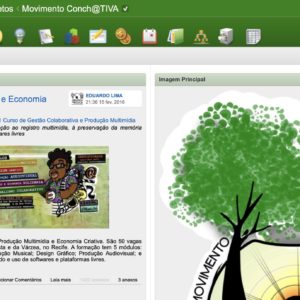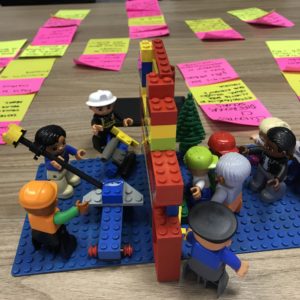The final work of Isabela Luiza Molin de Siqueira in her Bachelor of Design studies at UTFPR is the redesign of a Computer Supported Collaborative Work platform called Rios, a tool used by social movements and non-profit organizations in Brazil that builds on their past experience of using Corais. Rios is developed by Eita Coop. Isabela worked with Eita software developers to enable the continuous participation of users in the design of Rios, what became known as Rios Metadesign.
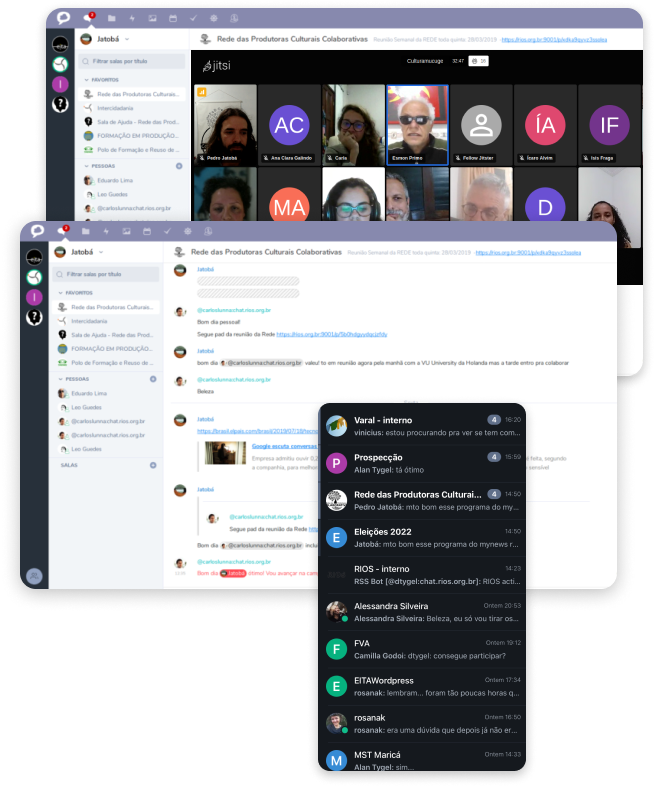
Isabela’s motivation stemmed from questioning the conventional market-driven approach to design education at her university, which primarily focused on creating products for commercial purposes. These concerns led her to critically assess what design truly means and whether it merely serves to add market value or if it can address broader societal issues. Her engagement with student movements and participation in various projects and academic activities further fueled her desire to explore alternative design practices.
Siqueira’s project was closely tied to LADO, which advocates for a design approach that challenges oppressive structures and promotes social justice. Her work aligns with the lab’s mission by exploring how design can serve as a praxis—a combination of theory and practice—to address and dismantle oppressive systems. Through this lens, she examined the dialectical relationship between metadesign and infradesign, proposing that design activities should integrate theoretical insights with practical, concrete actions.
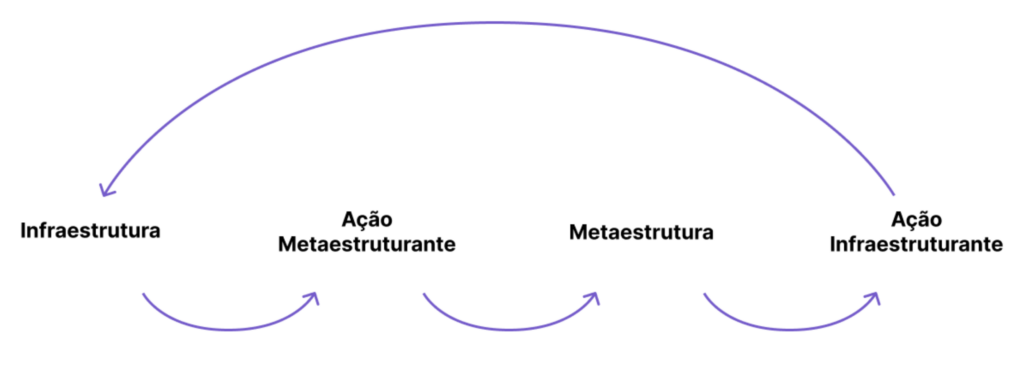
The project involved active participation in the social dynamics of the Rios platform, a tool developed to support self-management in collective organizations. Siqueira’s methodological approach included formative intervention, where she engaged with the Rios community to explore and develop design solutions collaboratively. This participatory process highlighted the importance of recognizing and valuing the often-invisible work that underpins design projects, which she termed infradesign.
Isabela incorporates concepts of metadesign in her project, aiming to make second-order entities (such as procedures, connections, permutations, and combinations) more accessible to designers and users. She used elements of board games in a remote collaborative whiteboard workshop. This includes sections for character selection, presentation cards, game cards, a “board” consisting of a system map, abstraction levels separated by colors, arrows indicating relationships between components, and resources to aid collaborative construction and agency through the tool in question.
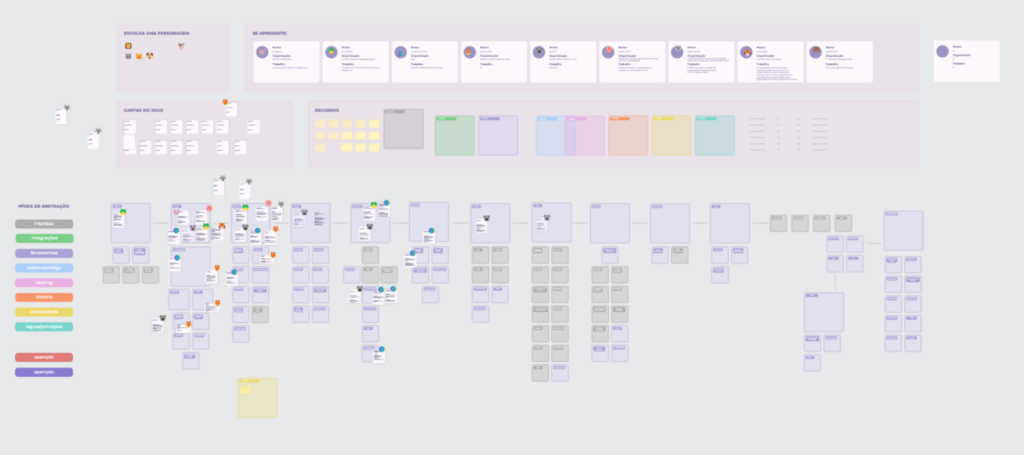
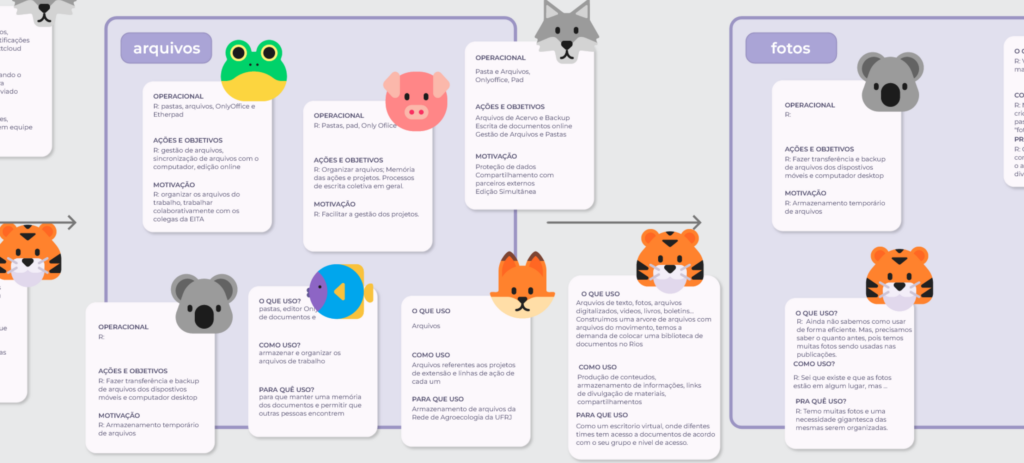
The project draws inspiration from double stimulation, a method used in cultural-historical activity theory to study concept formation. This approach emphasizes the role of mediating tools in shaping human activity. In this case, the metadesign tools were icons, forms, diagrams, and boards.
Throughout her research, Siqueira emphasized the necessity of viewing design as a continuous process of transformation, oscillating between abstract theorization and concrete practice. This perspective challenges the traditional separation of design theory and practice, advocating for a more integrated approach that reflects the dynamic and socially embedded nature of design work. By doing so, she aimed to reveal the underlying power dynamics and propose more equitable and inclusive design practices.
In summary, Isabela Luiza Molin de Siqueira’s project represents a critical and reflective exploration of design as a praxis. Her work in the Laboratory of Design Against Oppression contributes to a broader understanding of how design can challenge and transform oppressive structures, offering valuable insights for future design education and practice.
